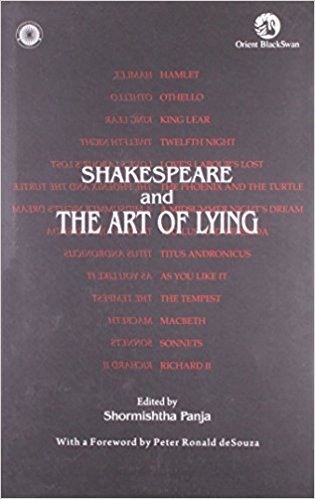The nature of poetry has always been held to be fictive. That is, it doesn’t record or report facts; and even if it is recording or reporting facts, the poet’s creative imagination works on them in such a way that the quality of factualness recedes into the background. Hence, Shelley’s famous observation in his A Defense of Poetry, that poetry makes familiar things unfamiliar and unfamiliar things familiar. Since the very basis of human imagination is a power to collect different things and to give them, in Shakespeare’s words, ‘a local habitation and a name’, literary theorists have always been curious about this quality of poetry. How does it come about that the tenth century Arab critic and literary theorist Qudama Ibn-e Ja’afar was compelled to observe that ‘the most admirable or best poetry is that which is most false’? Qudama didn’t elaborate this but made it obvious that poetic activity was of the nature of lying, and it is interesting to see Shakespeare six centuries later making an almost similar observation, ‘The truest poetry is the most feigning…’ (As You Like It).
July 2014, volume 38, No 7

